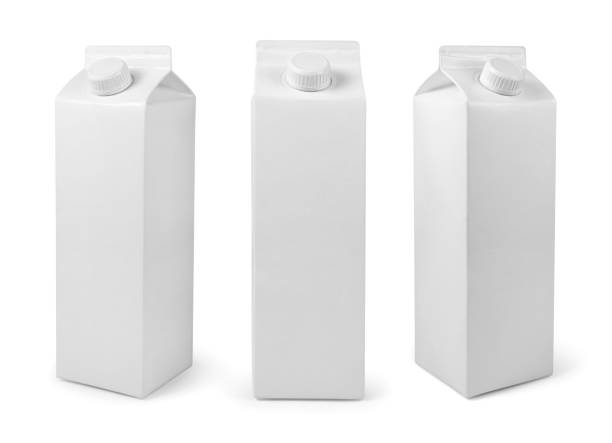
In today’s world, sustainability has become a necessity rather than a choice. Among the many environmental initiatives gaining traction, recyclable oil packaging is revolutionizing the way oils—both edible and industrial—are stored and distributed. By replacing traditional packaging materials with recyclable alternatives, businesses can significantly reduce their environmental impact while meeting growing consumer demands for eco-friendly products.
What is Recyclable Oil Packaging?
Recyclable oil packaging refers to containers made from materials that can be reused or processed into new products after their initial use. These materials, such as paperboard, glass, aluminum, or certain plastics, are designed to minimize waste while ensuring the integrity and freshness of the oil.
Benefits of Recyclable Oil Packaging
- Environmental Conservation:
By using materials that can be recycled, the packaging helps reduce the accumulation of waste in landfills and the demand for virgin resources. - Enhanced Brand Image:
Consumers today prefer brands that prioritize sustainability. Adopting recyclable oil packaging reflects a company’s commitment to the environment, boosting its reputation. - Cost Efficiency:
Recycling materials often require less energy compared to producing new ones, making it a cost-effective solution for manufacturers in the long run. - Durability and Safety:
Recyclable packaging materials, such as glass and aluminum, provide excellent protection against contamination and damage, ensuring that the oil retains its quality. - Versatility in Design:
Recyclable materials can be molded into various shapes and sizes, allowing for creative and functional packaging designs.
Types of Recyclable Oil Packaging
- Glass Bottles:
A classic option, glass bottles are 100% recyclable and ideal for both edible and cosmetic oils. They are non-toxic and preserve the oil’s freshness. - Aluminum Cans:
Lightweight and recyclable, aluminum cans are perfect for industrial oils. They offer durability and are easy to handle. - Paperboard Cartons:
Used extensively for edible oils, paperboard cartons are made from renewable resources and can be recycled multiple times. - Recyclable Plastics:
Certain plastics, such as PET and HDPE, are widely recycled and used for oil packaging due to their lightweight and shatterproof properties.
Applications of Recyclable Oil Packaging
- Edible Oils:
Oils like olive, sunflower, and coconut oil are increasingly being packaged in recyclable glass bottles or paperboard cartons to appeal to eco-conscious consumers. - Industrial Oils:
Recyclable aluminum cans are commonly used for lubricants and other industrial oils, combining durability with sustainability. - Cosmetic Oils:
Essential and skincare oils are often packaged in recyclable containers to align with the sustainability goals of the beauty industry.
Innovations in Recyclable Oil Packaging
- Biodegradable Coatings:
Paperboard cartons now come with biodegradable inner linings that are oil-resistant yet recyclable, enhancing their eco-friendly appeal. - Recycled Content Packaging:
Many brands are adopting packaging made from recycled materials, further reducing the environmental impact. - Smart Labeling:
Clear recycling instructions on packaging encourage consumers to dispose of it responsibly, boosting recycling rates.
Challenges in Adopting Recyclable Oil Packaging
- Cost Considerations:
Transitioning to recyclable materials can initially be more expensive, especially for small-scale businesses. - Consumer Awareness:
Educating consumers about the importance of recycling and proper disposal methods is crucial for success. - Material Limitations:
Not all recyclable materials provide the same level of durability or protection required for certain oils.
Tips for Implementing Recyclable Oil Packaging
- Select the Right Material: Choose a recyclable material that meets the specific storage and safety requirements of your oil product.
- Optimize Design for Recyclability: Avoid using mixed materials that are difficult to separate and recycle.
- Promote Consumer Participation: Use labeling to encourage proper recycling practices among customers.
- Partner with Eco-Friendly Suppliers: Collaborate with packaging suppliers who specialize in sustainable and recyclable solutions.
Exploring Recyclable Liquid Soap Packaging
As the focus on sustainability expands, industries beyond oils are also embracing recyclable solutions. One notable example is recyclable liquid soap packaging, which offers similar environmental benefits and aligns with consumer expectations for eco-friendly personal care products.
If you are exploring ways to further your sustainability efforts, be sure to check out Recyclable Liquid Soap Packaging, a practical and green choice for personal care packaging.